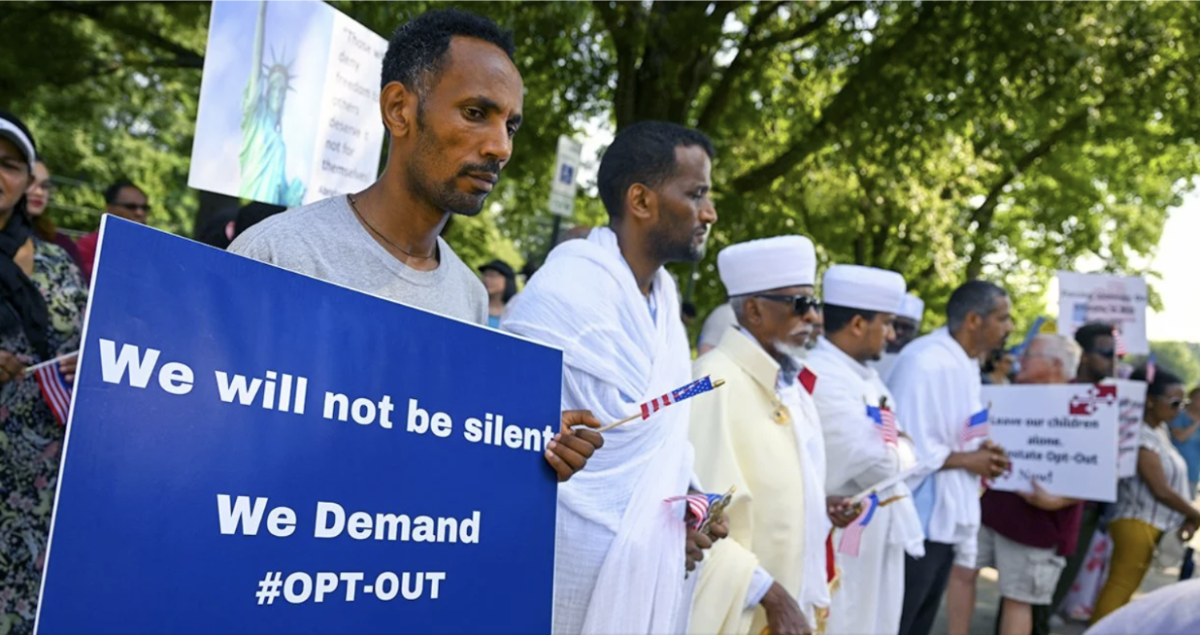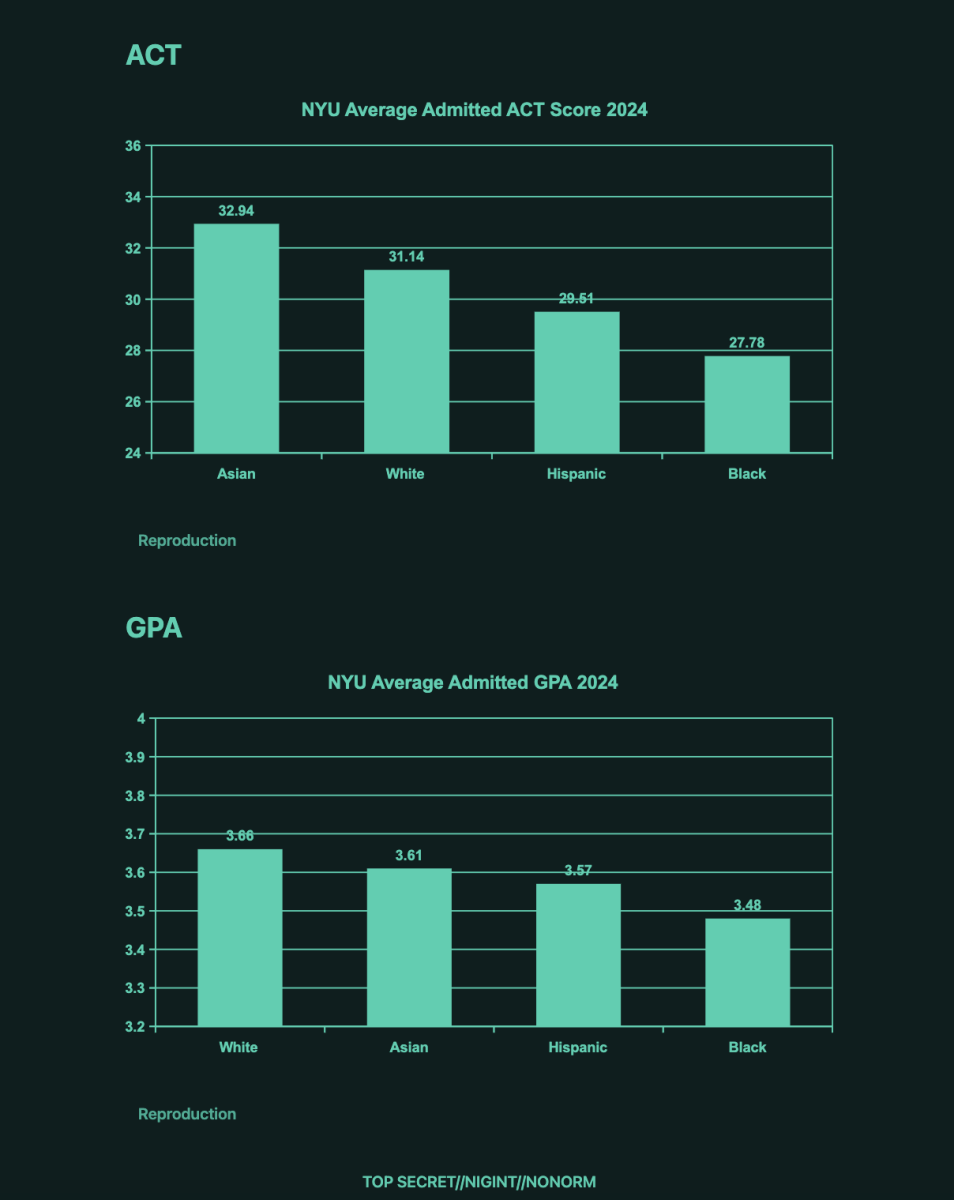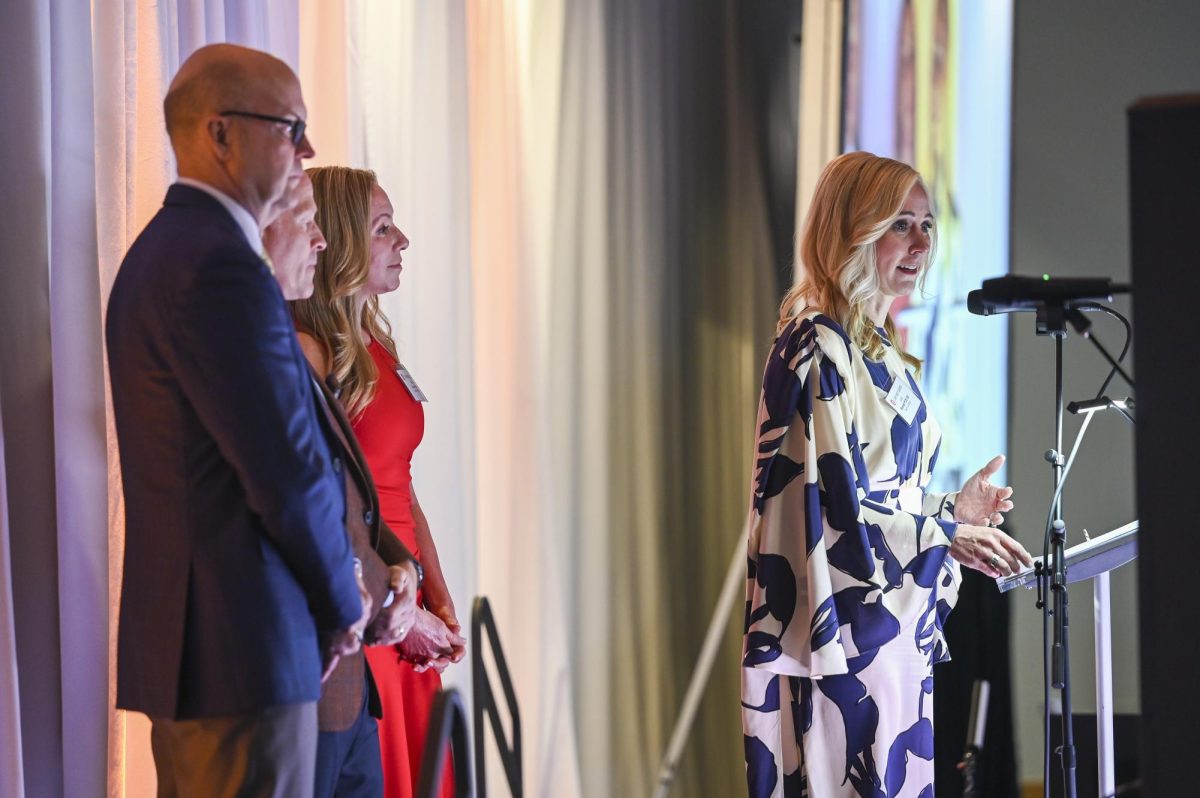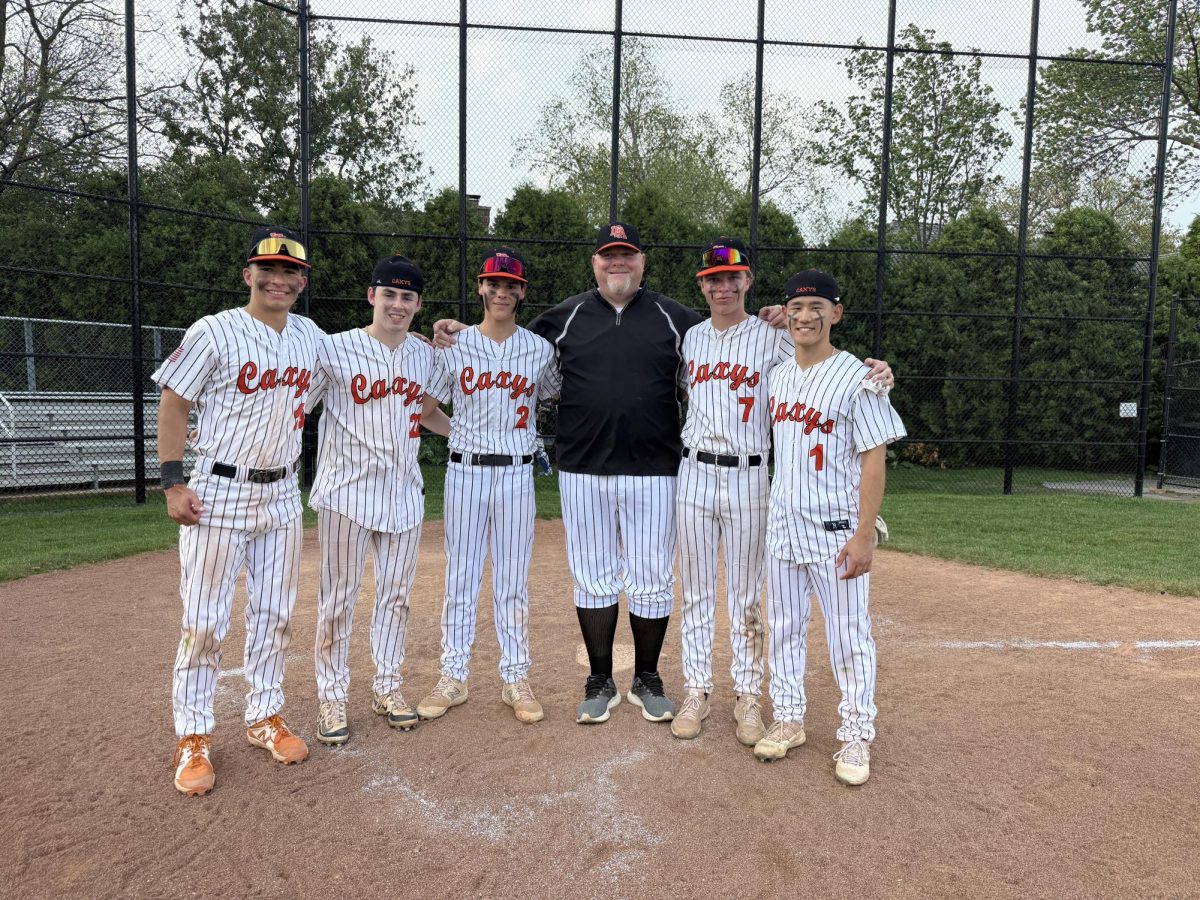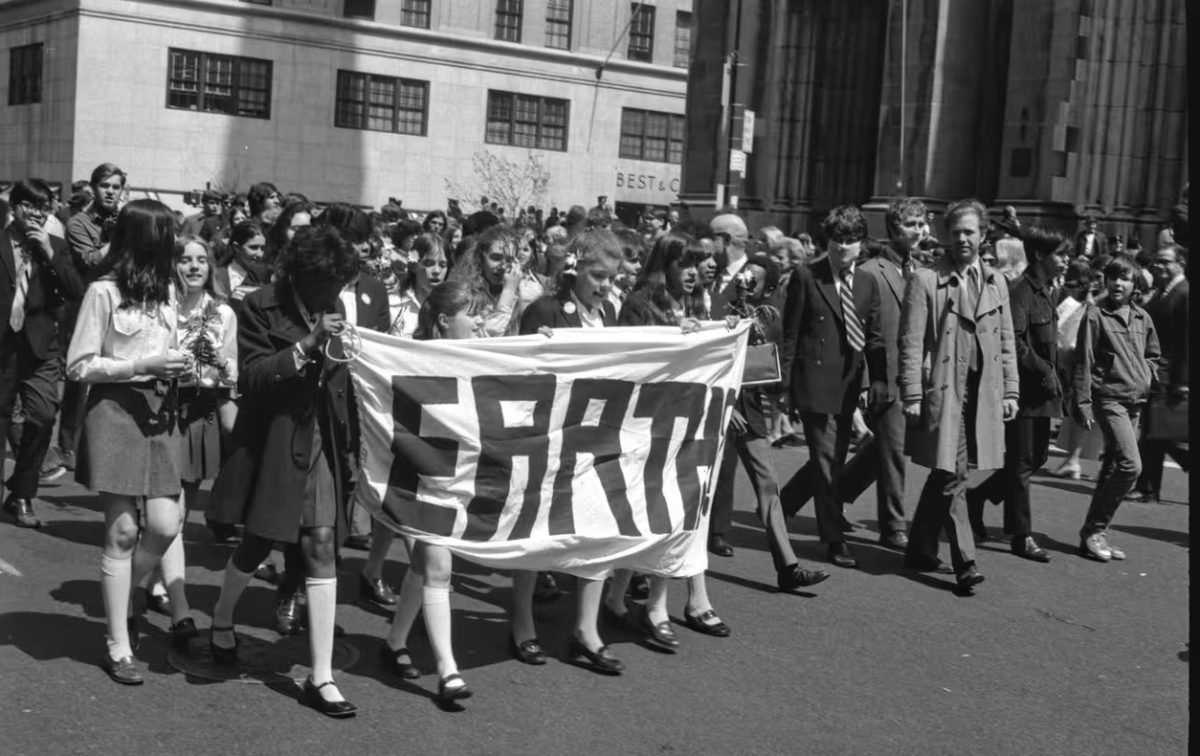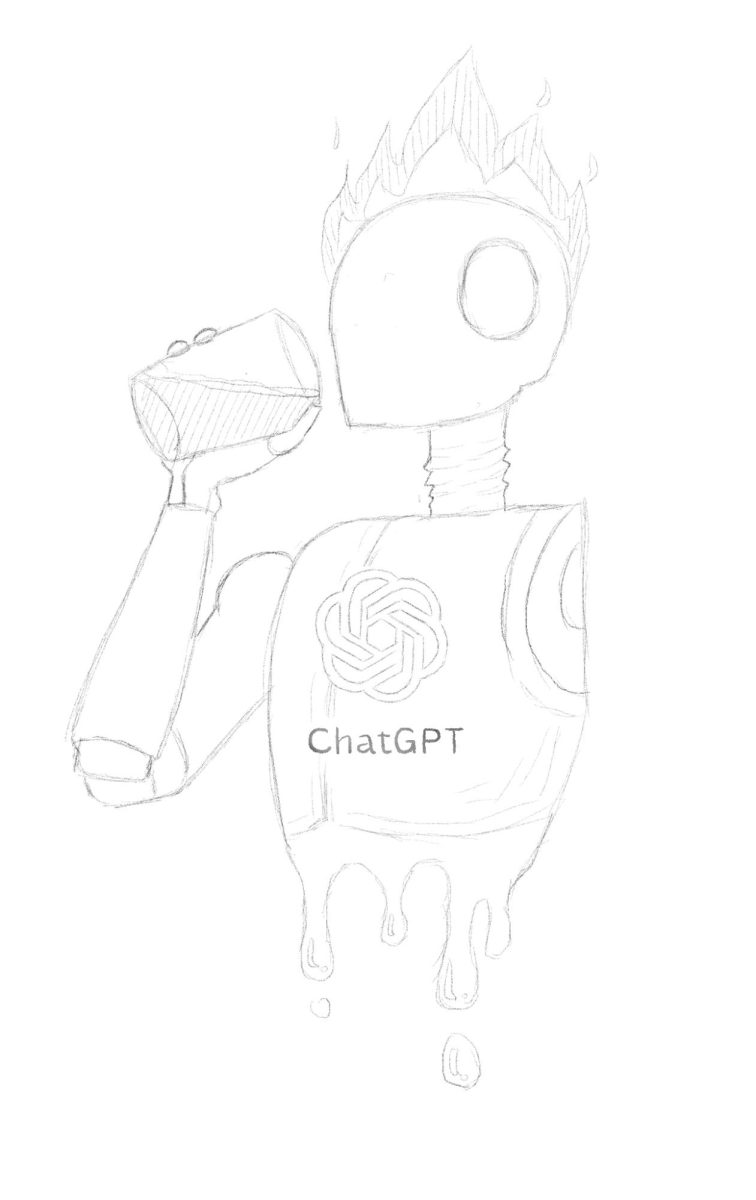Author Alice Bolin visited campus on January 10th, talking to multiple English classes, including AP Literature and True Crime, to discuss her New York Times bestseller. Published in 2018, Alice Bolin’s Dead Girls: Essays on Surviving an American Obsession outlines the question, “Why is there such a fixation on women?” The book contains a collection of essays, written over the span of seven years, that discuss America’s obsession with women’s bodies– both dead and alive.
Bolin was first inspired to write this book when she saw the violence reported around her growing up in Utah. “Growing up, it was a feeling like, what does this say about me?” Bolin said, “What is this doing to my life and sense of myself? Why is this happening here?” Asking these questions prompted Bolin to look at the world around her with the various displays of female victims– such as the Dead Girl show or horror movies. As she investigated and fleshed out those issues, the topics broadened to focus on the continuous obsession with real victims of violence against women.
Bolin began to look at her personal experience with crime and the different ways it is discussed – looking at how race, gender, and sexuality play a role in the way we discuss “the dead girl.” “I kinda slid into it,” Bolin explained, “looking at horror movies and then how crime was present growing up and how it was when I moved to L.A.”
Once she finished the book, Bolin’s change in perspective was evident,“I exercised it from my psyche,” Bolin said. “I realized that these stories were not only making me sad but also making me paranoid about how I view others.” Bolin hopes that they recognize that the “dead girl archetype” is as much about race as it is about gender and that there needs to be a shift in how to view a “perfect victim” in fictional and nonfictional settings. She also hopes that readers come away with a more complex view of how violence against women impacts our cultural society. “Violence against women is a huge problem, but the way we talk about it is not making the problem better; it is making it worse.” Bolin stated, “It reinforces the idea that women are victims or that that’s how men relate to women.”


